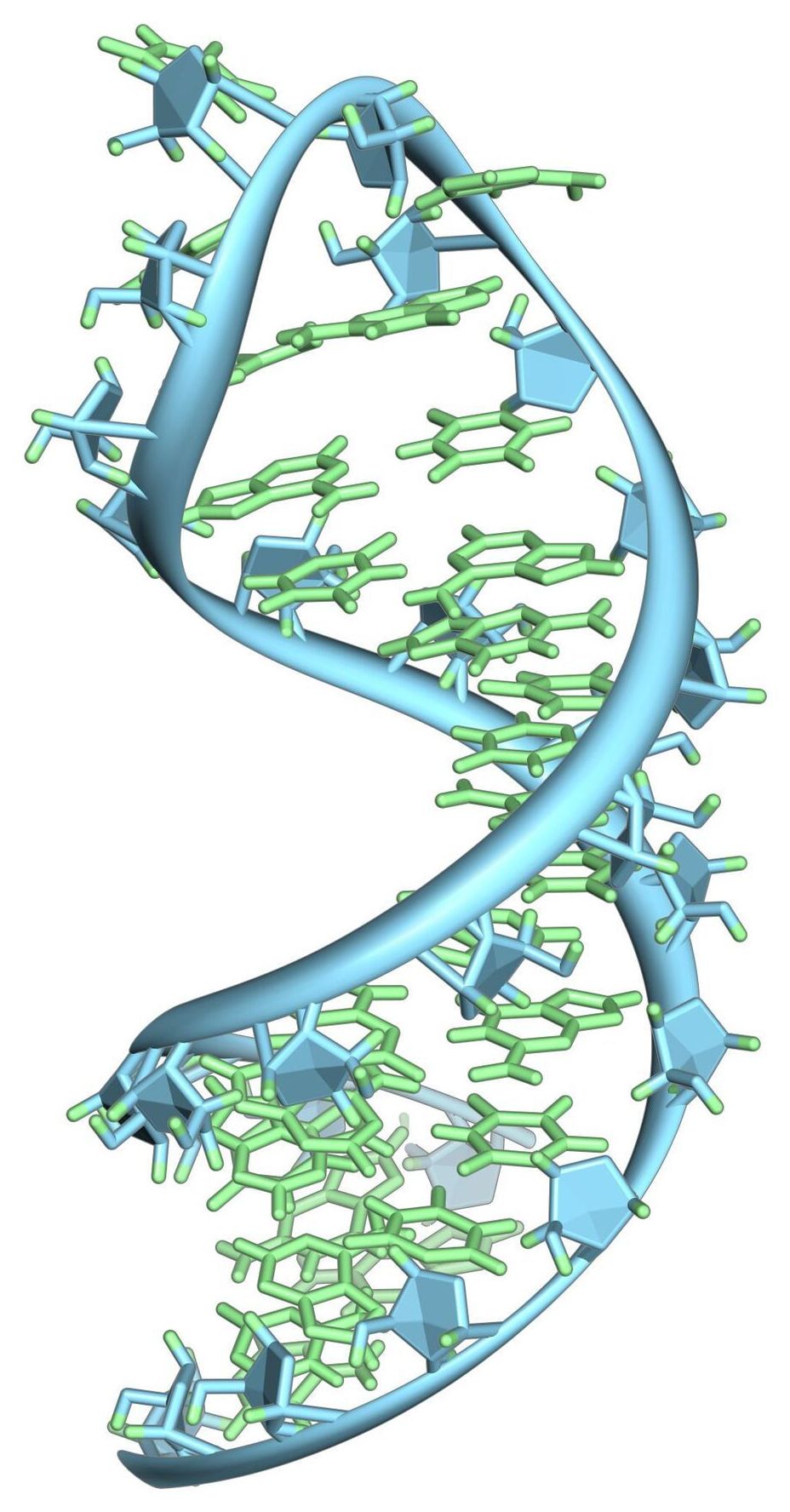The problem with impure RNA is that it can trigger reactions, like swelling, that can be harmful, and even life-threatening. For example, impure RNA can cause inflammation in the lungs of a patient with cystic fibrosis. Conventionally manufactured RNA has to undergo a lengthy and expensive process of purification. “Rather than having to purify RNA,” says Craig Martin, the paper’s senior author and professor of chemistry at UMass, “we’ve figured out how to make clean RNA right from the start.”
Researchers at the University of Massachusetts Amherst recently unveiled their discovery of a new process for making RNA. The resulting RNA is purer, more copious and likely to be more cost-effective than any previous process could manage. This new technique removes the largest stumbling block on the path to next-generation RNA therapeutic drugs.
If DNA is the blueprint that tells the cells in our bodies what proteins to make and for what purposes, RNA is the messenger that carries DNA’s instruction to the actual protein-making machinery within each cell. Most of the time this process works flawlessly, but when it doesn’t, when the body can’t make a protein it needs, as in the case of a disease like cystic fibrosis, serious illness can result.
One method for treating such protein deficiencies is with therapeutics that replace the missing proteins. But researchers have long known that it’s more effective when the body can make the protein it needs itself. This is the goal of an emerging field of medicine—RNA therapeutics. The problem is, the current methods of producing lab-made RNA can’t deliver RNA that is pure enough, in enough quantities in a way that’s cost-effective. “We need lots of RNA,” says Elvan Cavaç, lead author of the paper that was recently published in the Journal of Biological Chemistry, MBA student at UMass Amherst, and a recent Ph.D. graduate in chemistry, also from UMass. “We’ve developed a novel process for producing pure RNA, and since the process can reuse its ingredients, yielding anywhere between three and ten times more RNA than the conventional methods, it also saves time and cost.”







